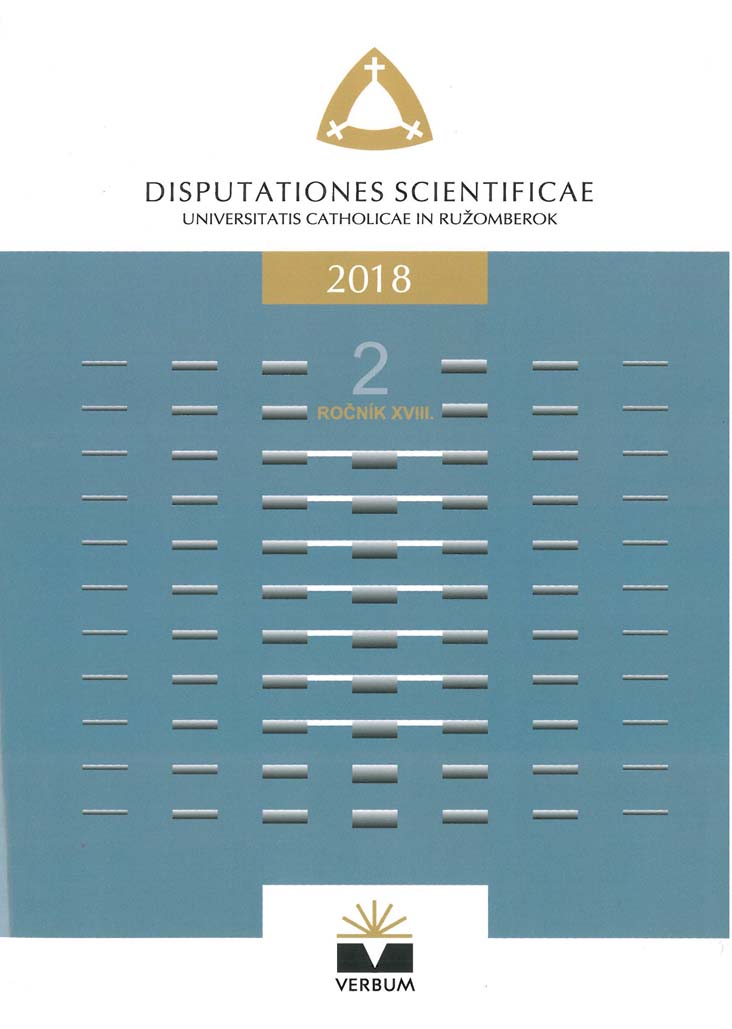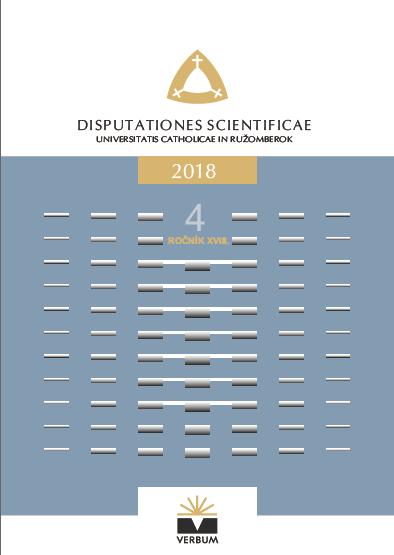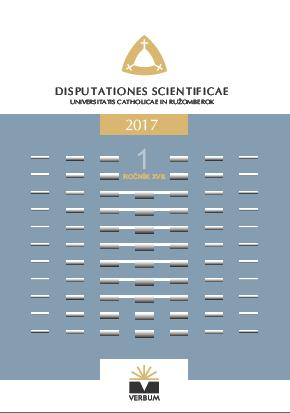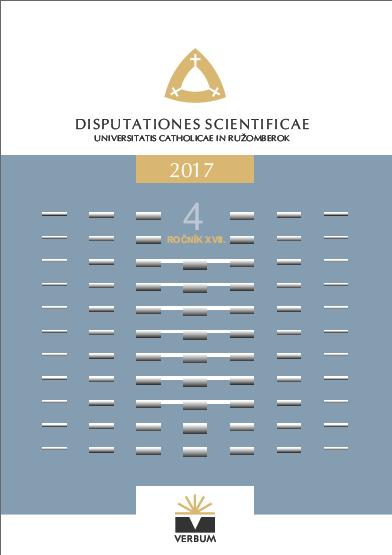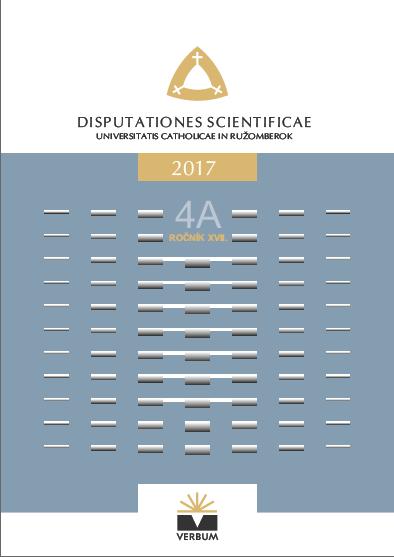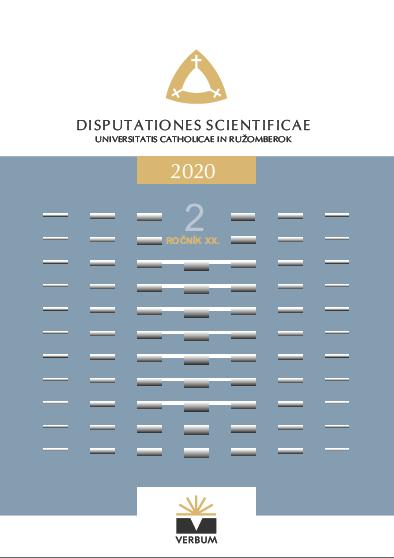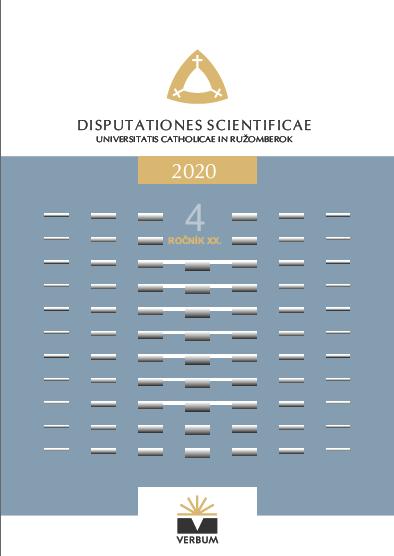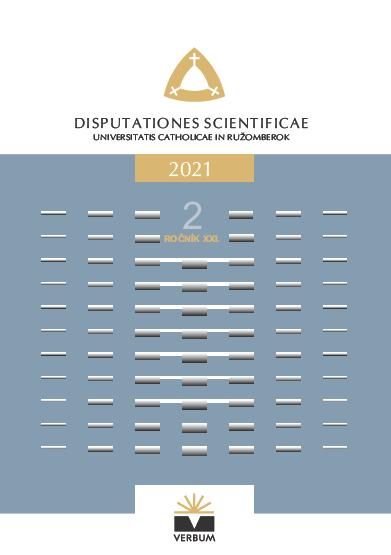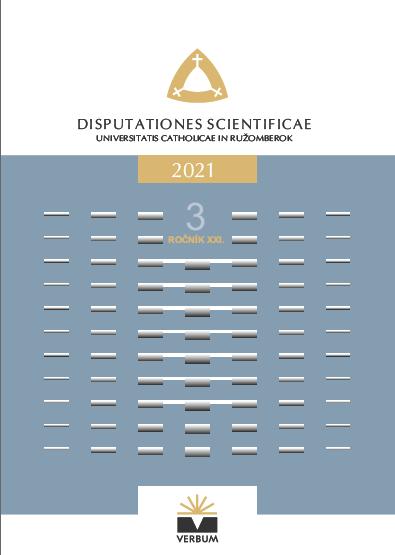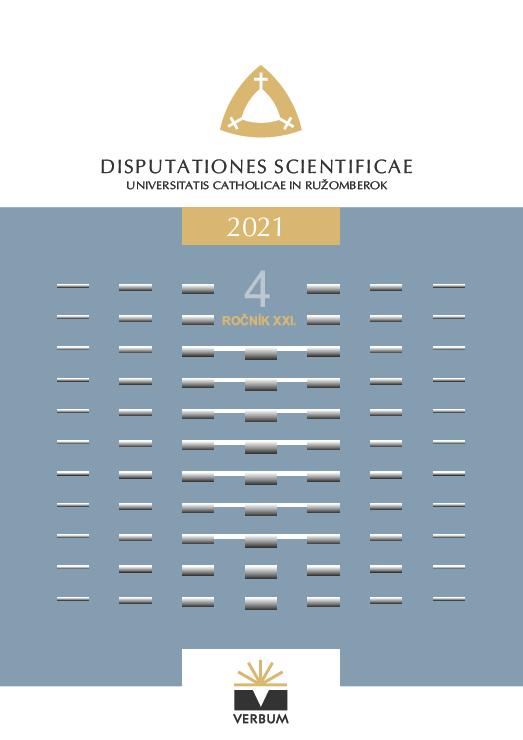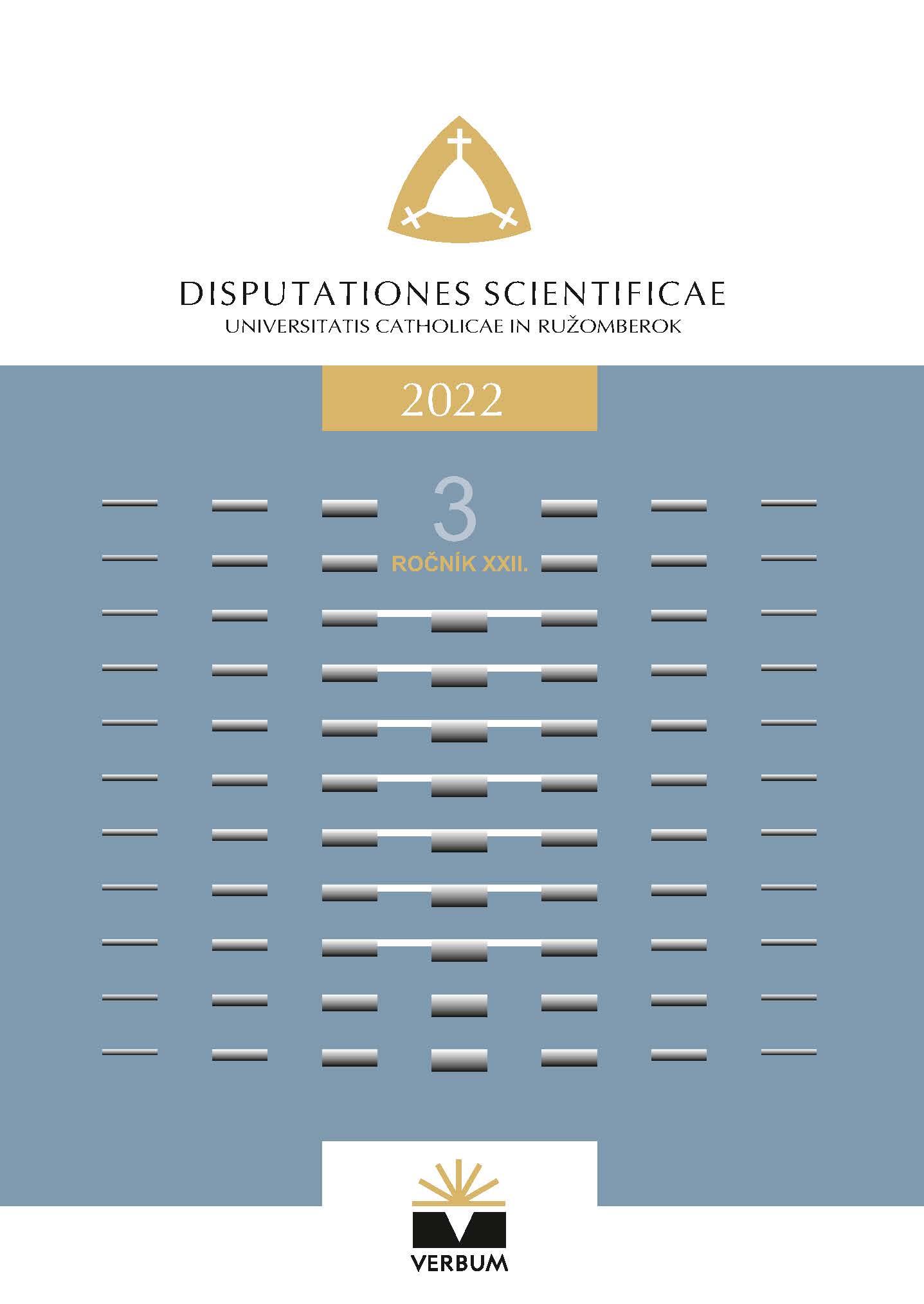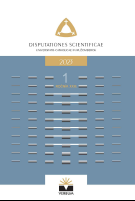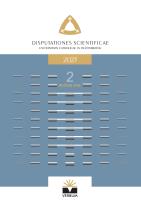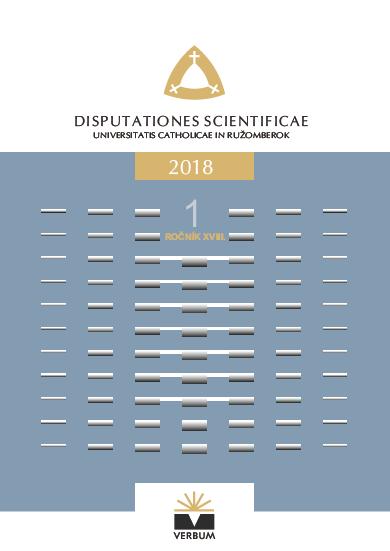
Residential Care for a Clients with Mental Handicap in the Social Services in Bardonovo
Rezidenciálna starostlivosť o klientov s mentálnym postihnutím v zariadení sociálnych služieb v Bardoňove
Keywords: Mental disabilities; Social services; SWOT analysis;
The paper deals with the issue of institutional care of clients with mental disabilities, specifically describes the forms and methods of work with this focus group in the social services institution in Bardoňovo, express the provided social services and their impact on clients' quality of life from the point of view of employees of this social institution. The contribution includes research to find out how mental health care is taking place, what changes have been made and how to improve the quality of social services for clients with mental disorders. For collecting data, we used semi-structured interviews with 10 employees working directly with clients with mental disabilities. The results were processed by the open coding method and SWOT analysis was created based on the research data. Research results has been divided into several categories: the biggest changes that have occurred in the social institution for disabled people, care service provided, expertise – professional approach of employees, cooperation and possibilities of improving the quality of social services provided by the institution taking care of people with mental disorders.
More...
